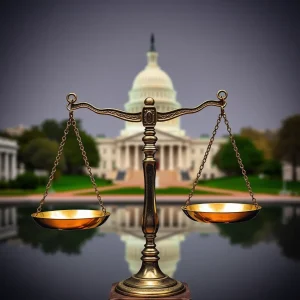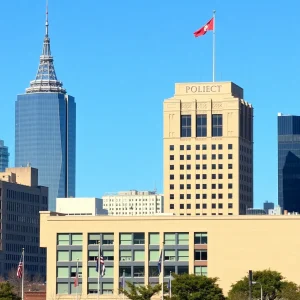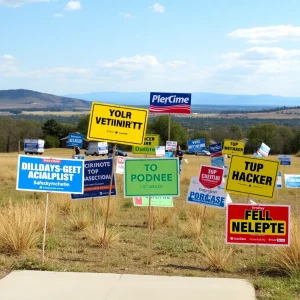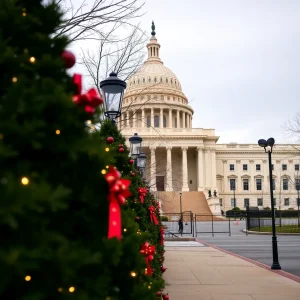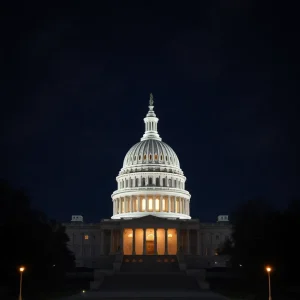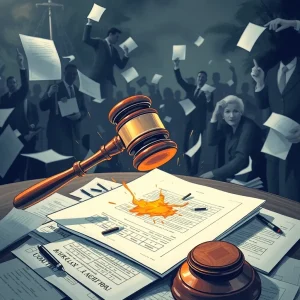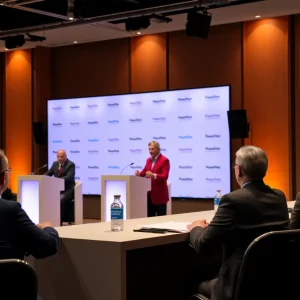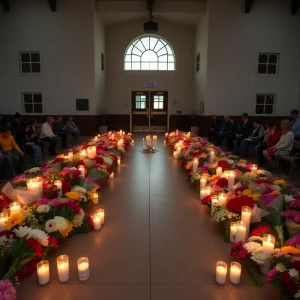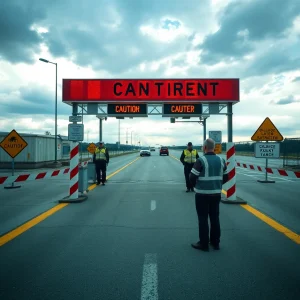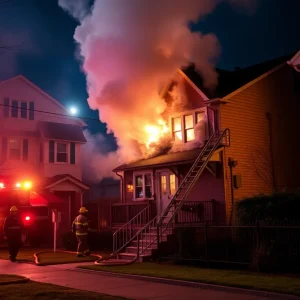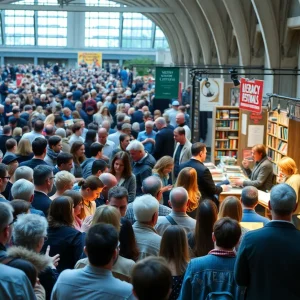Will Joe Biden’s Post-Debate Turmoil Turn 2024 into 1968?
In an intricate analysis of the recent Presidential debate, top political analyst John Dickerson shared his perspective on the post-debate turmoil involving President Joe Biden and former President Donald Trump. In the wake of Thursday’s debate, which produced fireworks well in advance of the election season, Dickerson has spent considerable time examining how the performances of Biden and Trump could influence the run-up to the 2024 Presidential election.
The Previous Influences of TV Debates
Dickerson identified two significant historical occurrences where debate performances played a pivotal role for voters. Both incidents involved incumbent Presidents who faced a fierce backlash following their debate performances. One was Ronald Reagan in 1984 when concerns were raised about his age and ability to handle a second term. The other was Gerald Ford in 1976 when he made an unprecedented gaffe asserting there was no Soviet domination of Eastern Europe. Both incidences, however, were close to the election date and did not change the final outcome or dynamics of the race significantly.
Unprecedented Times, Unmatched Environment
The CBS News anchor further noted that the current race is unlike any previous owing to the polarized political climate of the country. While the precedents from Reagan and Ford offer some insight, Dickerson believes they don’t fully account for the unique factors at play in the 2024 election. He is particularly intrigued by Biden’s decision to engage in a debate so early in the election cycle, an unprecedented move that has drawn mixed responses from political observers.
The 1968 vs 2024 Comparison
There have been comparisons drawn with the dramatic 1968 Presidential race, when president Lyndon B. Johnson surprised the country by opting to not run for re-election amidst the Vietnam war. The 1968 race witnessed various upheavals, including the assassinations of Robert Kennedy and Martin Luther King Jr., heightening the discourse around the election. However, Dickerson is hesitant to draw parallels between 1968 and 2024. He comments, “This time around, I don’t know what parallel from history to hold on to.”
The Biden Factor: Age and Performance
The question of Joe Biden’s age and performance was a persistent theme in the analysis. Dickerson points out that unlike previous debates, the question about Biden’s ability to serve another four years due to his age has not been dispelled but rather, has grown. The question will be a constant throughout the campaign, highlighting the potential risks of Biden’s early debate strategy.
Political Aligment and Modern Democracy
Dickerson further remarks that the current political alignment and function of democracy is vastly different from the 1968 period. Notably, he refers to reactions following the January 6 attack on the Capitol as an example of changing dynamics. Despite initial condemnations of Trump’s role in inciting the attack, many major Republican figures have since endorsed him, underscoring the stark differences between the political landscapes of 1968 and today.
Conclusion
As the 2024 election battle heats up, providing clear context and analysis becomes ever more meaningful. However, it’s clear that historical parallels can only guide so far in this unprecedented climate. With the recurring question of Biden’s age together with a polarized political landscape, 2024 promises to be a uniquely challenging and complex election cycle.






